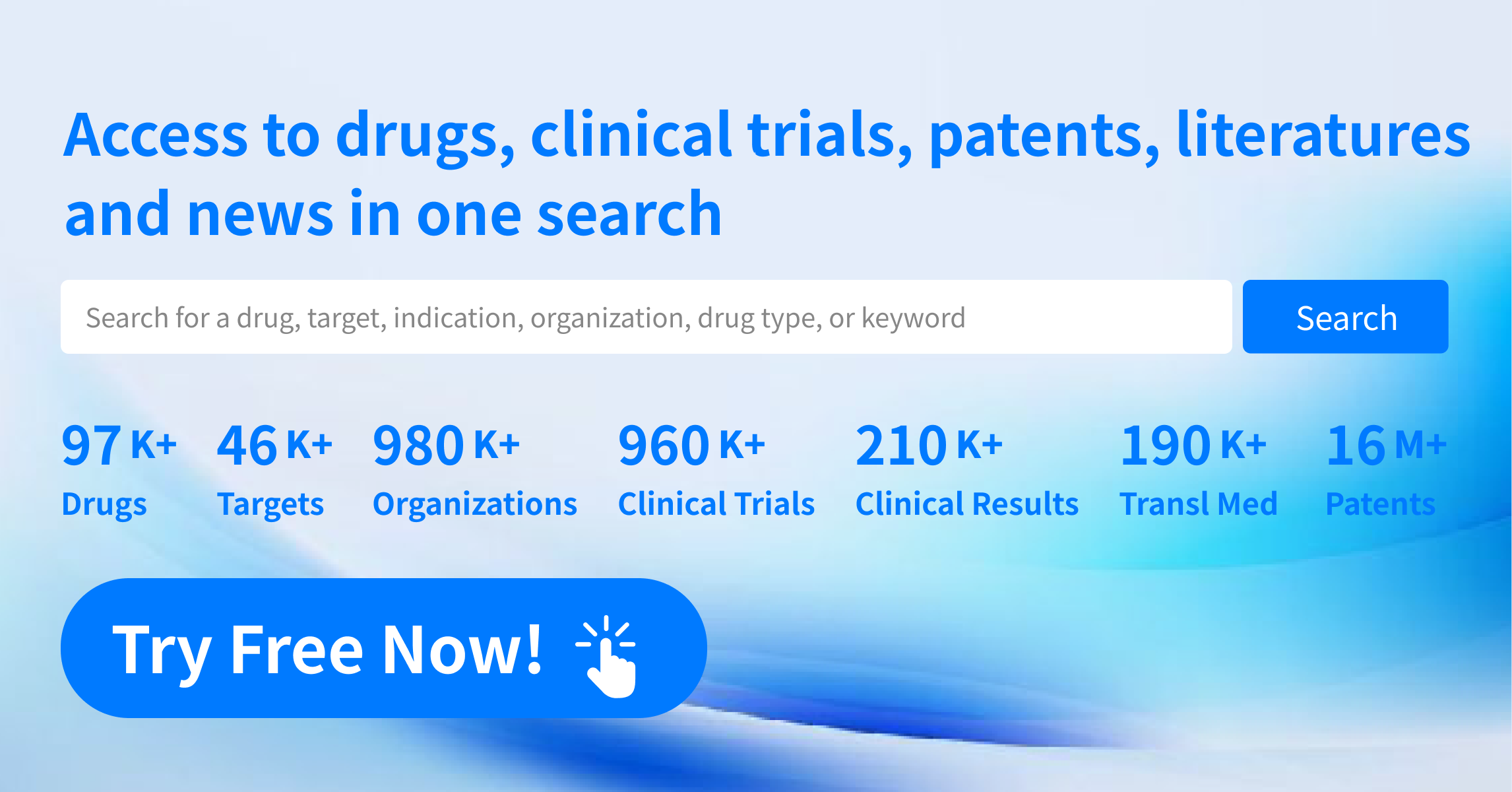A New Combo for Synergistically Improving Liver Homeostasis! Promising Benefits for Obesity and Metabolic Complications Treatment
On October 30, 2024, Tiziana Life Sciences announced that its intranasally administered anti-CD3 monoclonal antibody, foralumab, has demonstrated potential in combination with the GLP-1 agonist semaglutide to improve liver homeostasis and reduce inflammation in diet-induced obesity (DIO) models. This provides a potential new therapeutic option for combating obesity-related inflammation as well as liver inflammation and dysfunction. Tiziana Life Sciences plans to advance these promising preclinical findings into clinical stages.
About the Latest Research Data
Recent studies have shown that the combination of foralumab and semaglutide exhibits a synergistic effect in promoting liver homeostasis in preclinical models of diet-induced obesity. Furthermore, the combination significantly reduced inflammatory markers, which are key factors in obesity-related metabolic disorders. Specifically, mice fed with a high-fat diet (HFD) developed diet-induced obesity. Subsequent treatment with the foralumab + semaglutide combination resulted in livers that appeared more like those of lean mice, displaying a darker and smaller healthy state. In contrast, HFD mice treated with either low- or high-dose semaglutide alone exhibited enlarged fatty livers, resembling the HFD control group.
The company believes this study demonstrates the therapy's dual efficacy in controlling obesity and preventing obesity-related inflammation.
About Foralumab
Foralumab is a fully human anti-CD3 monoclonal antibody that suppresses inflammation by binding to the T-cell receptor and modulating T-cell function, thereby inhibiting effector characteristics across multiple immune cell subsets. The drug is administered nasally with low toxicity and is currently under development for neuroinflammation and neurodegenerative disease-related conditions. In June 2024, foralumab received Fast Track designation from the U.S. Food and Drug Administration (FDA) for the treatment of non-active secondary progressive multiple sclerosis. An ongoing Phase 2a randomized, double-blind, placebo-controlled, multicenter, dose-ranging trial is being conducted on patients with non-active secondary progressive multiple sclerosis (MS). Previous Phase I trials conducted on MS populations showed improvements in walking, as measured by gait stability and endurance, and significant clinical improvement on the Expanded Disability Status Scale (EDSS).
About CD3 Drugs
The CD3 protein is a crucial molecule in the immune system that plays a role in activating cytotoxic T cells (CD8+ naïve T cells) and T helper cells (CD4+ naïve T cells), which are responsible for monitoring and defending the body against infections and abnormal cells. CD3 is composed of four distinct chains: CD3δ, CD3ε, CD3γ, and CD3ζ. These chains—CD3δ/CD3ε, CD3γ/CD3ε, and CD3ζ—are capable of forming the TCR-CD3 complex with the α/β chains of the TCR, generating activation signaling in T lymphocytes.
Beyond its role in T cell activation, the CD3 protein also contributes to regulating the intensity and duration of the immune response. Once an antigen is cleared, CD3 proteins help maintain immune system balance via negative feedback mechanisms, preventing issues such as autoimmune diseases from excessive activation.
According to incomplete statistics, there are currently only three CD3 drugs in development within the metabolic field. Besides foralumab, teplizumab was approved by the FDA in November 2022 for delaying the onset of stage 3 type 1 diabetes (T1D) in adults and pediatric patients aged 8 and above with stage 2 T1D. This makes it the first therapy capable of preventing/delaying the progression to clinical T1D (stage 3 T1D) in specific populations. This drug was acquired by Sanofi through the $2.9 billion acquisition of Provention Bio. Another drug in this category is GSK's otelixizumab.
On Metabolic Complications
Obesity is a chronic, recurrent, and progressive disease recognized as a risk factor for numerous complications. The most common complications among overweight/obese individuals include fatty liver disease, prediabetes, dyslipidemia, and hypertension. The higher the BMI, the greater the number of complications. Therefore, it is necessary to implement health interventions to prevent and manage the development of overweight and obesity and their associated complications.
About Tiziana Life Sciences
Tiziana is a clinical-stage biopharmaceutical company that develops innovative therapies using transformational drug delivery technologies to provide alternative routes for immunotherapy. Tiziana's technology for alternative routes of immunotherapy delivery is patented, with several applications pending approval. These innovations are expected to facilitate a wide array of product developments.
How to obtain the latest research advancements in the field of biopharmaceuticals?
In the Synapse database, you can keep abreast of the latest research and development advances in drugs, targets, indications, organizations, etc., anywhere and anytime, on a daily or weekly basis. Click on the image below to embark on a brand new journey of drug discovery!




